Generally Accepted Accounting Principles (GAAP): The common set of standards, rules, procedures, and principles accepted by professionals in the accounting industry. This framework has been adopted by most publicly traded companies in the United States.
Go Dark Provision: Most commonly found in a retail lease, it is a clause that grants a tenant the right to cease operations at a leased space while still being obligated to pay rent to its landlord. The key benefits of a tenant being able to go dark center around the financial savings (i.e., such as the need to no longer maintain inventory and employees) resulting from no longer having to operate in the space.
Good Guy Guaranty (“GGG”) | Guarantee: An agreement whereby one or more of the principals of a corporate or LLC tenant will guarantee to the landlord that it will pay all base and additional rent payments provided for under the lease up until the day the space is surrendered to the landlord – whether or not prior to the expiration of the lease term. In a basic GGG, at such time as the space is given to the landlord broom clean and vacant with all rent paid through the date of surrender, an event that the principals unilaterally control – the aforementioned guarantee will no longer be in full force and effect.
Examples of “legal and business steroids” landlords to add to a basic GGG can include: (1) guarantee of non-monetary lease covenants, (2) construction completion and a lien free guarantee, (3) space returned in condition required under the lease, (4) full amount of security deposit remaining intact at time of surrender, (5) 90 to 180 days’ advance written notice of surrender date, (6) reimbursement of landlord’s unamortized costs, such as brokerage commissions, free rent concessions, tenant improvement allowances and landlord’s work and (7) the GGG remaining in effect in the event of an assignment.
Good Working Order: A phrase commonly utilized in contracts relating to the condition that a particular system or item must be in at a certain time (i.e., an HVAC system), generally when a tenant takes possession of a leased space.
Gray Shell: See “Cold Shell.”
Gross Building Area: The total area of a building with a finished interior, including but not limited to below grade living space as well as interior stairways, hallways, storage rooms and laundry rooms.
Gross Lease: A type of commercial lease in which the landlord pays for the building’s property taxes, insurance, and maintenance and allows the tenant to pay a flat fee in exchange for use of the property. Typically, the property owner will be responsible for any other fees associated with property ownership, such as property taxes and building repair costs.
Ground Lease: At its basic level, an agreement whereby a tenant leases the fee interest (i.e., the land) owned by a landlord permitting the tenant to (1) develop a particular property on the land or (2) lease the land upon which the building the tenant owns is situated on. Also known as a “land lease.” From and after the lease commencement date, ideally the goal of a landlord is to receive a net return from the land leased equal to tenant’s base rent, without deduction for any expense or charge for the premises (except to the agreed upon costs). Furthermore, the tenant shall be required to pay as additional rent all expenses, including any impositions and expenses arising from the leasing, management, operation, maintenance, repair, use, or occupancy of the building (and all construction relating to the building).
“Impositions” shall mean, collectively, all real estate taxes, all special assessments and all other property assessments, including all Business Improvement District (“BID”) charges and assessments, all ad valorem, sales and use taxes, all occupancy taxes and all similar taxes payable by tenants, all personal property and other taxes on the personal property, all water, sewer, and other utility charges imposed by any Governmental Authority, all fines, fees, charges, penalties, and interest imposed by any Governmental Authority or utility relating to or arising out of tenant’s use and occupancy of the demised premises, and all other governmental charges and taxes.
Guarantor: A person or entity that agrees to be responsible for another’s debt or performance under an agreement (such as a lease).

